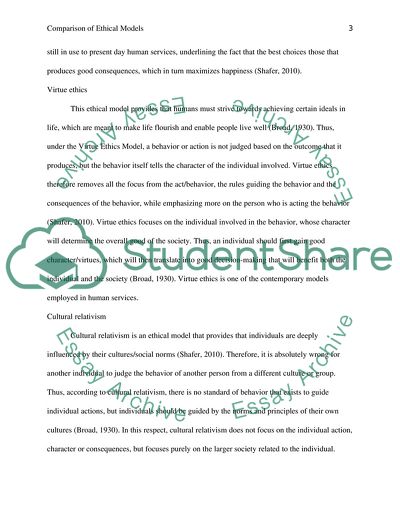Cite this document
(Comparison of Ethical Models Coursework Example | Topics and Well Written Essays - 1250 words, n.d.)
Comparison of Ethical Models Coursework Example | Topics and Well Written Essays - 1250 words. https://studentshare.org/social-science/1843014-comparsion-of-ethical-models
Comparison of Ethical Models Coursework Example | Topics and Well Written Essays - 1250 words. https://studentshare.org/social-science/1843014-comparsion-of-ethical-models
(Comparison of Ethical Models Coursework Example | Topics and Well Written Essays - 1250 Words)
Comparison of Ethical Models Coursework Example | Topics and Well Written Essays - 1250 Words. https://studentshare.org/social-science/1843014-comparsion-of-ethical-models.
Comparison of Ethical Models Coursework Example | Topics and Well Written Essays - 1250 Words. https://studentshare.org/social-science/1843014-comparsion-of-ethical-models.
“Comparison of Ethical Models Coursework Example | Topics and Well Written Essays - 1250 Words”. https://studentshare.org/social-science/1843014-comparsion-of-ethical-models.


